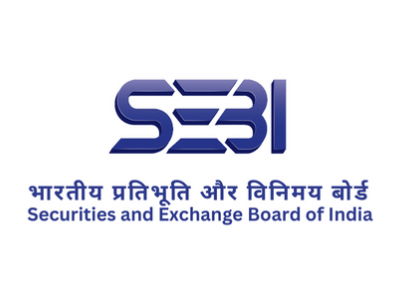Listen to this article
AMCs cannot pass on scheme expenses to the AMC’s book to keep the cost of ETFs low in order to make them more competitive.
In an adjudication order, SEBI has imposed a penalty on Nippon India AMC (Rs.2 lakh) and Nippon India Trustee (Rs.1 lakh).
The market regulator found that the fund house charged expenses incurred in 5 ETFs and 1 FoF from the AMC’s book and not from the scheme.
SEBI norms do not allow fund houses to charge expenses from AMC books. However, SEBI norms offer a small exception to this law. AMCs are allowed to charge up to 2 bps from AMCs book to pay expenses that are very small in value but high in volume. However, in these ETFs, it was beyond 2 bps.
Overall, fund houses are allowed to charge up to 1% TER on ETFs and FoFs from the scheme account.
SEBI order said that the fund house charged more than 2 bps from AMCs book in 5 ETFs – Nippon India ETF Dividend Opportunities, Nippon India ETF Long Term Gilt, Nippon India ETF Nifty BeES, Nippon India Senses Next 50 and Nippon India ETF 5 Year Gilt and one FoF - Nippon India Junior BeES FoF.
For instance, SEBI observed that Nippon India ETF Dividend Opportunities incurred TER of 1.1905% in FY 2021. However, the scheme’s TER was only 0.1481%. The remaining expenses of 1.0424% was charged from the AMC’s book.
In the order, the Adjudicating Officer said that such a practice has a potential to create anomalies in the mutual fund industry as profitable AMCs or AMCs with deep pockets can afford to pay schemes expenses from AMC books whereas small AMCs won’t be able to borne such expenses from their books. Thus, the objective of the TER circular is to bring transparency in expenses, reduce portfolio churning etc. and to not allow varied practice to be followed, the officer added.







